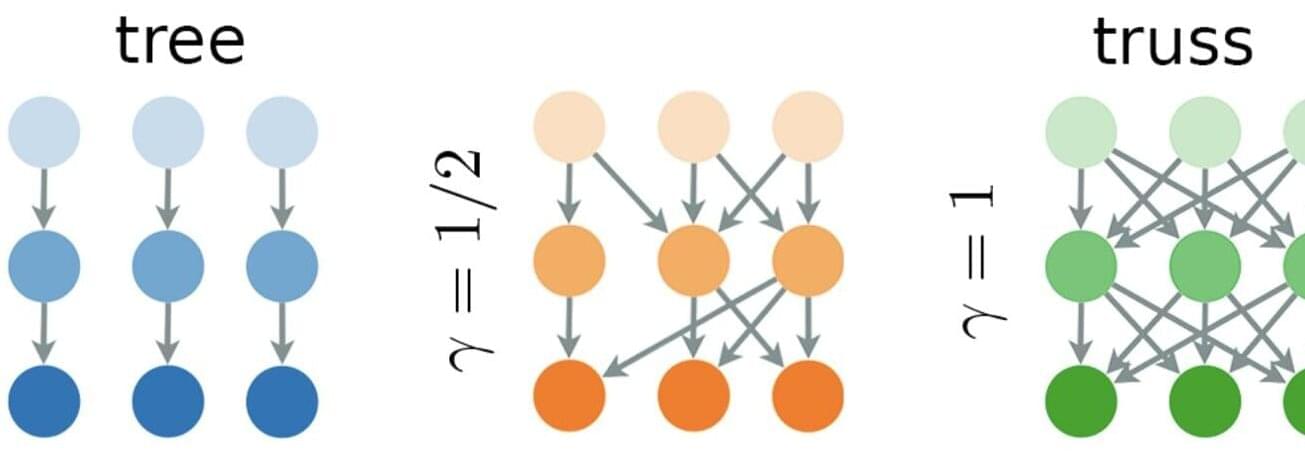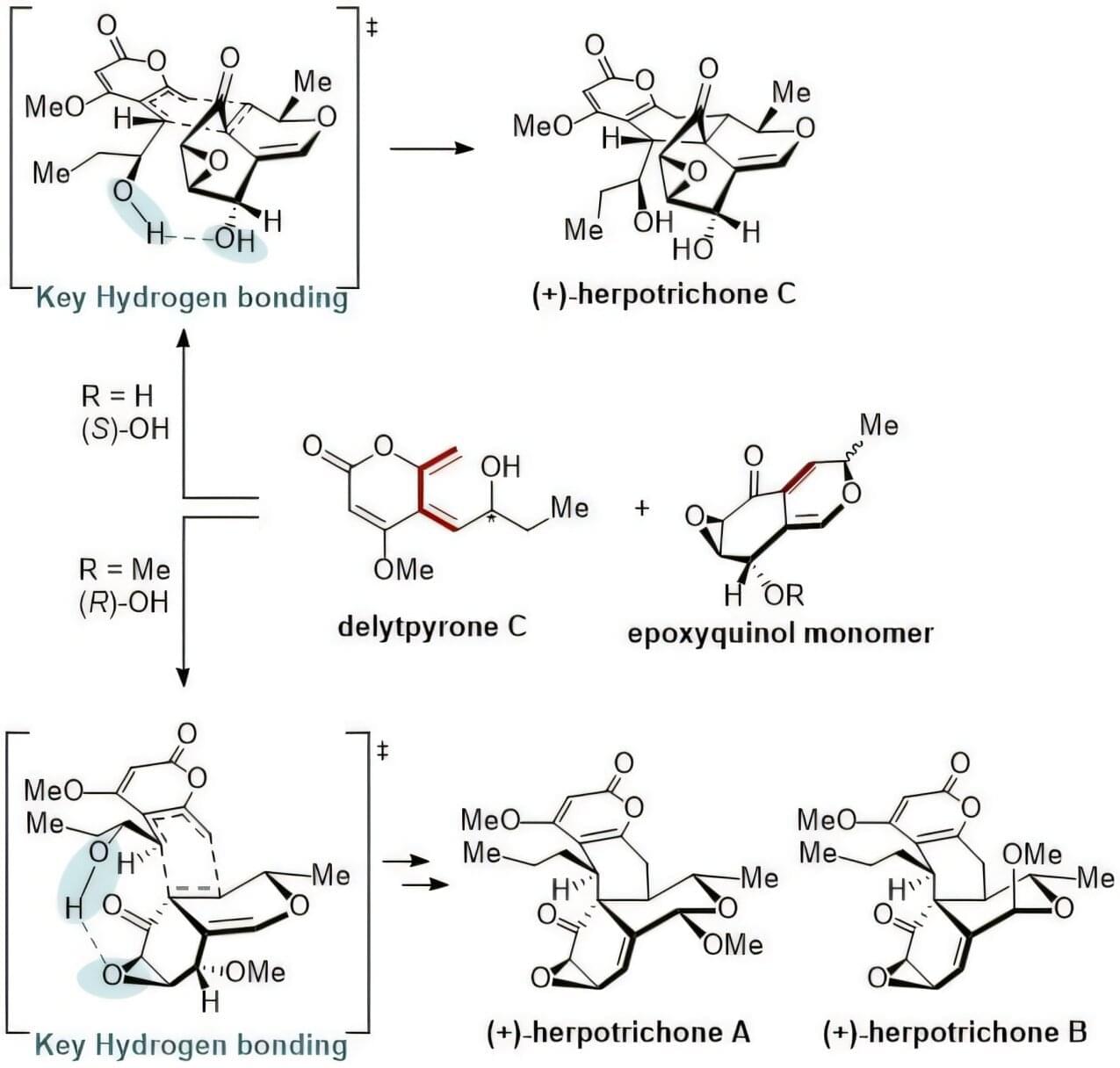Research shows that while connections between innovations speed discovery, they also sharply increase the risk of total system collapse—with the sweet spot for sustainable innovation proving surprisingly narrow.
Innovation is a central currency of global power. Whether in the race for leadership in artificial intelligence, the development of clean energy technologies, or the search for medical breakthroughs, major players like China, the United States, and the European Union are investing billions in research and development to secure the next technological leap—and with it, economic and strategic advantage.
Yet, as a new study from the Complexity Science Hub (CSH), published in Physical Review Research, indicates, long-term innovation is only sustainable under specific structural conditions. First, the study finds that innovation can only endure over time if it is balanced with “exnovation”—the loss or forgetting of older possibilities.









